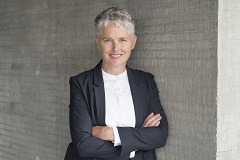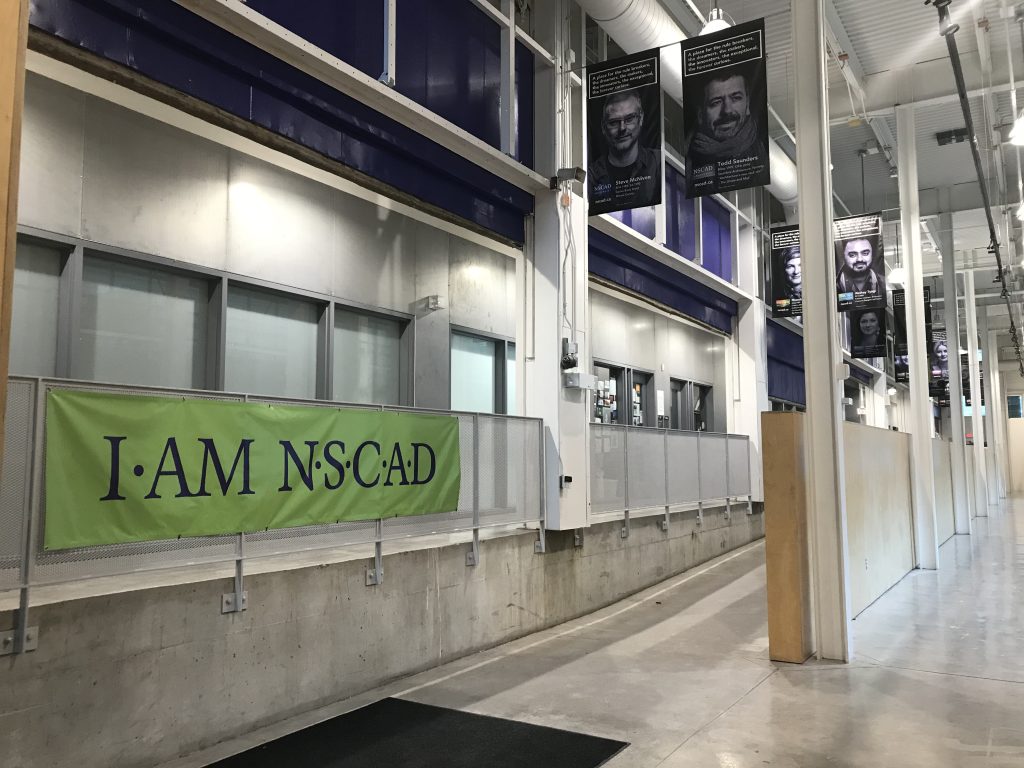March 16, 2020
Anxiety levels in Nova Scotia have markedly increased in the past week, as we all learn to cope with the news related to novel coronavirus (COVID-19).
In the past five days alone, the Chief Medical Officer of Nova Scotia announced the province’s first three presumptive cases of COVID-19 (March 15); the World Health Organization declared that COVID-19 represents a global pandemic (Dalhousie 11); Dalhousie University announced class suspension and residence closure (March 13); and the additional prevention measures for Nova Scotians announced by Premier Stephen McNeil (March 15) under the authority of the Health Protection Act, including:
- long-term care facilities closed to visitors effectively immediately
- public schools closed for two weeks following March Break (weeks of March 23 and March 30) and then will be reassessed
- regulated child care centres closed March 17 to April 3 and then will be reassessed
- March break camps cancelled
- casinos in Halifax and Sydney are closed as of 12 am March 16 and bar owners can no longer operating VLTs
- anyone who travelled outside of Canada must self-isolate even if symptom-free
- organizations and businesses must practise social distancing of two metres or six feet and keep gatherings below 150 or much smaller if possible. This applies to restaurants, bars, movie theatres and other gathering spots
- urging social distancing, advising against international travel, and calling for cancellation of events involving 250 or more people

While universities have not been advised to close at this time, the question facing NSCAD and other universities is how best to responsibly discharge our primary duty to protect the health and safety of our community in a manner consistent with the advice of the Chief Medical Officer and Nova Scotia Public Health, while remaining committed to providing educational services to students.
At NSCAD, our initial response was to postpone all events and gathering in excess of 100 students, and to plan to provide support for faulty, instructors and technicians who chose to shift away from in-person classes and instruction. It quickly became clear, however, that this approach would not be workable.
Student leadership, faculty and staff reported that many students were not planning on coming to class, some because of self-isolation requirements, and others for precautionary reasons such as having underlying health conditions. To have some classes continue with face-to-face teaching while others moved to alternative modes of instruction would result in inequities amongst students and, with increasing demands for self-isolation, in unmanageable requirements for accommodation. Furthermore, we recognize that, as the public health situation evolved, NSCAD would need a single, institution-wide approach if we were to provide a robust response to the Chief Medical Officer’s call for social distancing.
For these reasons and in consultation with the Province, NSCAD University, along with other Nova Scotia universities, took decisions Friday to announce institution-wide shifts from in-person teaching to other modes of instruction.
Supported by student, staff and faculty leadership, NSCAD is backing up this transition with additional communications and support. Information is being posted to the NSCAD home page as it becomes available, and FAQs are being updated regularly at https://nscad.ca/covid-19-information-and-updates/. Meanwhile, support is being put in place to help faculty, students, instructors and staff address this unique, and difficult situation.
I appreciate how disruptive and challenging this sudden shift is for many NSCAD students, faculty, staff and instructors. While some may be able to move to online or other modes of remote instruction readily, others will require time to figure out how best to deliver their courses, workshops, studios and how to create new forms of evaluation. As a result, instructors have been given until Thursday, March 19 to plan and implement this transition. During the transition period, regular classes are suspended.
The changes in the nature of teaching and learning will be challenging, and inconvenient for many students. At this time of year students are, rightly, looking forward to creating important memories together, celebrating success and to long awaited events such as graduation exhibitions, fashion show, last day of classes and convocation. In the face of COVID-19, we need to take these difficult steps to protect health and safety.
I want to reassure students that, in addition to maintaining academic programs, from March 19, our plan is for our campuses to remain open, and to continue to provide students with the services and supports they need. For students who choose to self-isolate, or return home to other parts of the region, country or world, we are working hard to ensure accessibility to courses and student supports.
Staff members at NSCAD take real pride supporting students to achieve their educational and artistic goals. The changes that are being implemented are also creating disruption to how our staff work. NSCAD is doing our best to balance the need to take precautions with our priority to support and safeguard students. Detailed advice for staff is being prepared and will be shared early this week.
These difficult decisions are being made in a challenging environment, and I want to thank students, faculty and staff for their patience and goodwill, as well as NSCAD’s governors for their support. This crisis is testing us all. It’s human to feel helplessness and anxious in the face of natural disasters such as this. It’s even more human to be generous, come together and support each other.
Anyone who has seen the videos of Italians singing across the balconies, living rooms and rooftops of self-isolation and lockdown knows that social distancing does not mean social isolation. Now, more than anytime I can remember, we need each other. We need to safely reach out, connect with, and care for each other. We might not all have Italian balconies, but we can sing together across social media, the phone, in group chats and video conferencing.
This is a time to celebrate our capacity for big ideas, big imagination and big hearts. None of us are untouched by the worry, anxiety or grief that COVID-19 is creating. We are stronger together, and, together we can pull through so that when we are on the other side of this pandemic, we will have created a better and more compassionate NSCAD, community, province and country.
Thank you.
Dr. Aoife Mac Namara
President
NSCAD University
![]()

